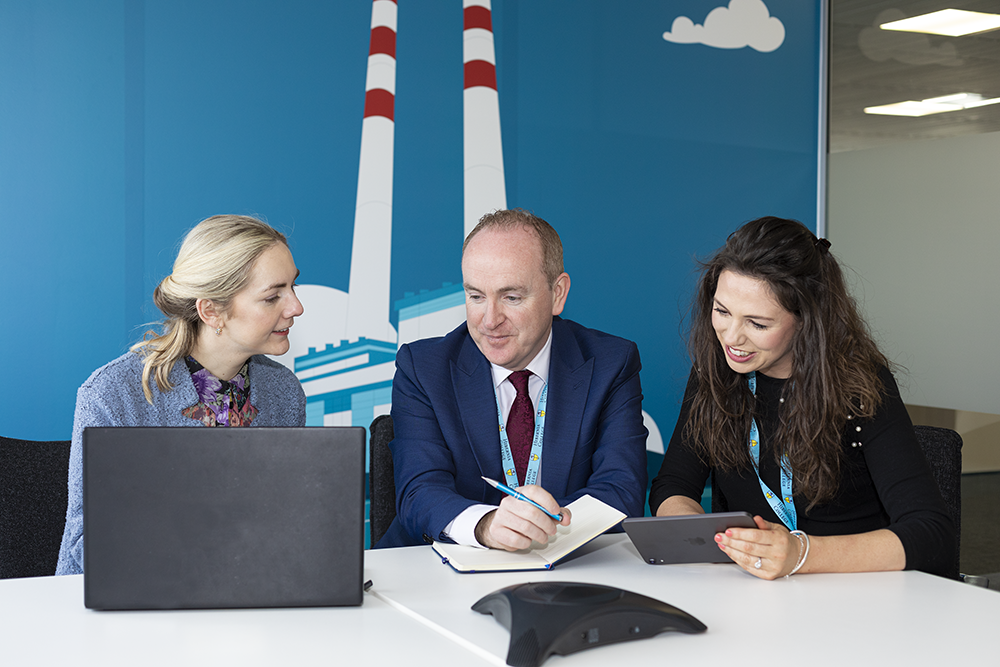Hibernia College School of Education

Through the purposeful integration and combination of our blended learning model, the Hibernia College School of Education prepares, develops and supports professional, pedagogically skilled, digitally literate educators to be responsive and attentive to the needs of a diverse educational landscape.
About the School of Education
The School of Education encompasses and guides the educational programme offerings of the College.
- Professional Master of Education in Primary Education
- Professional Master of Education in Post-Primary Education
- MA/PG Dip (Arts) in Inclusive and Special Education
- Continuing Professional Development
Our teaching programmes endeavour to prepare, develop and support reflective and critical educators who are academically strong, pedagogically skilled, technology empowered and responsive to the needs of all citizens in a diverse global society. Programmes consist of modules that reflect the contemporary issues faced by those in education today, and the skills and knowledge required of them in order to be expert teachers who enable effective learning.
The School of Education’s research strategy is based on its commitment to excellence in continuing professional development (CPD) across all its education and training degrees and courses. It stems from a belief in the importance of using evidence-based research to improve practice in education and training, and from the College’s mission to use the most innovative technology to extend access to high-quality, flexible and affordable adult and professional education and training.